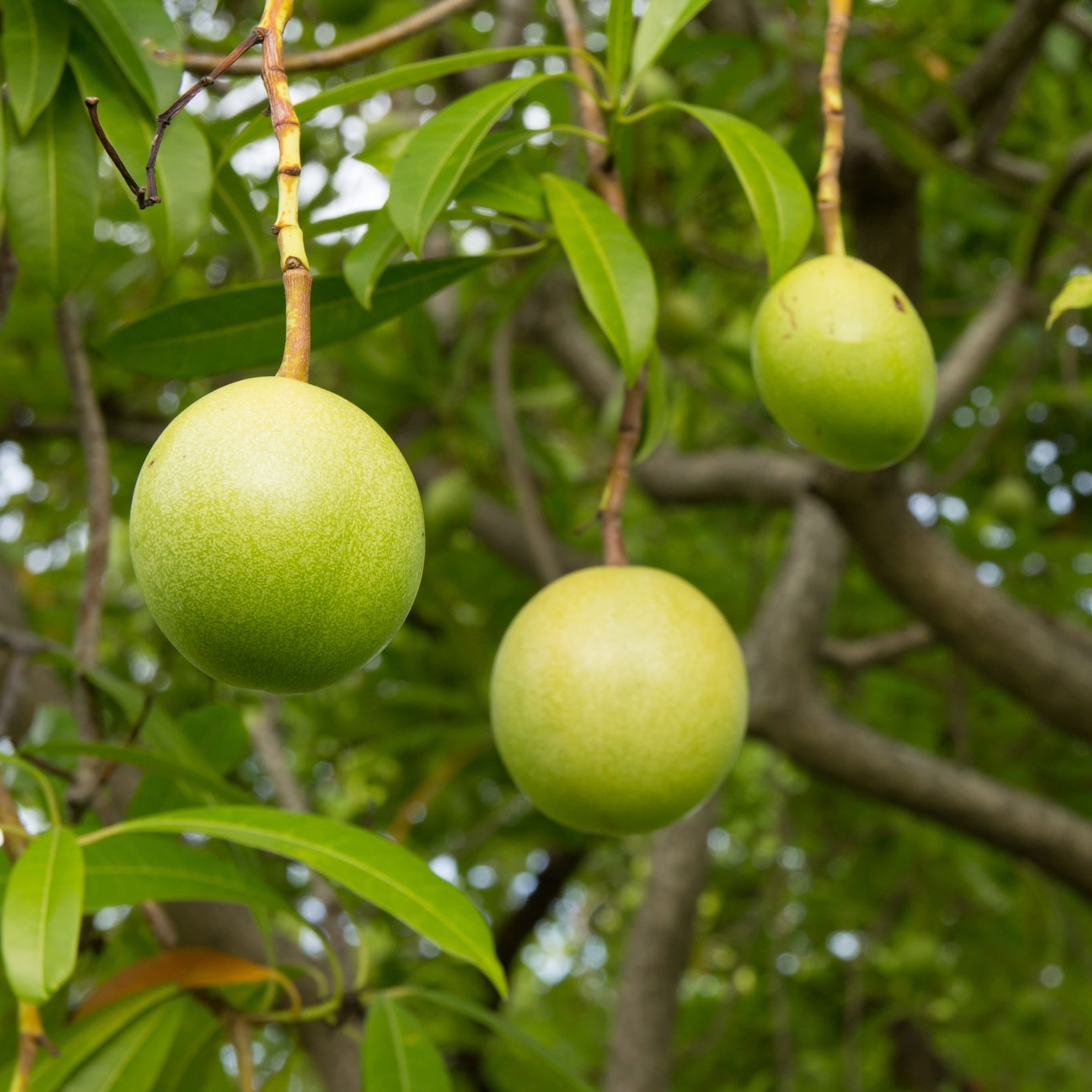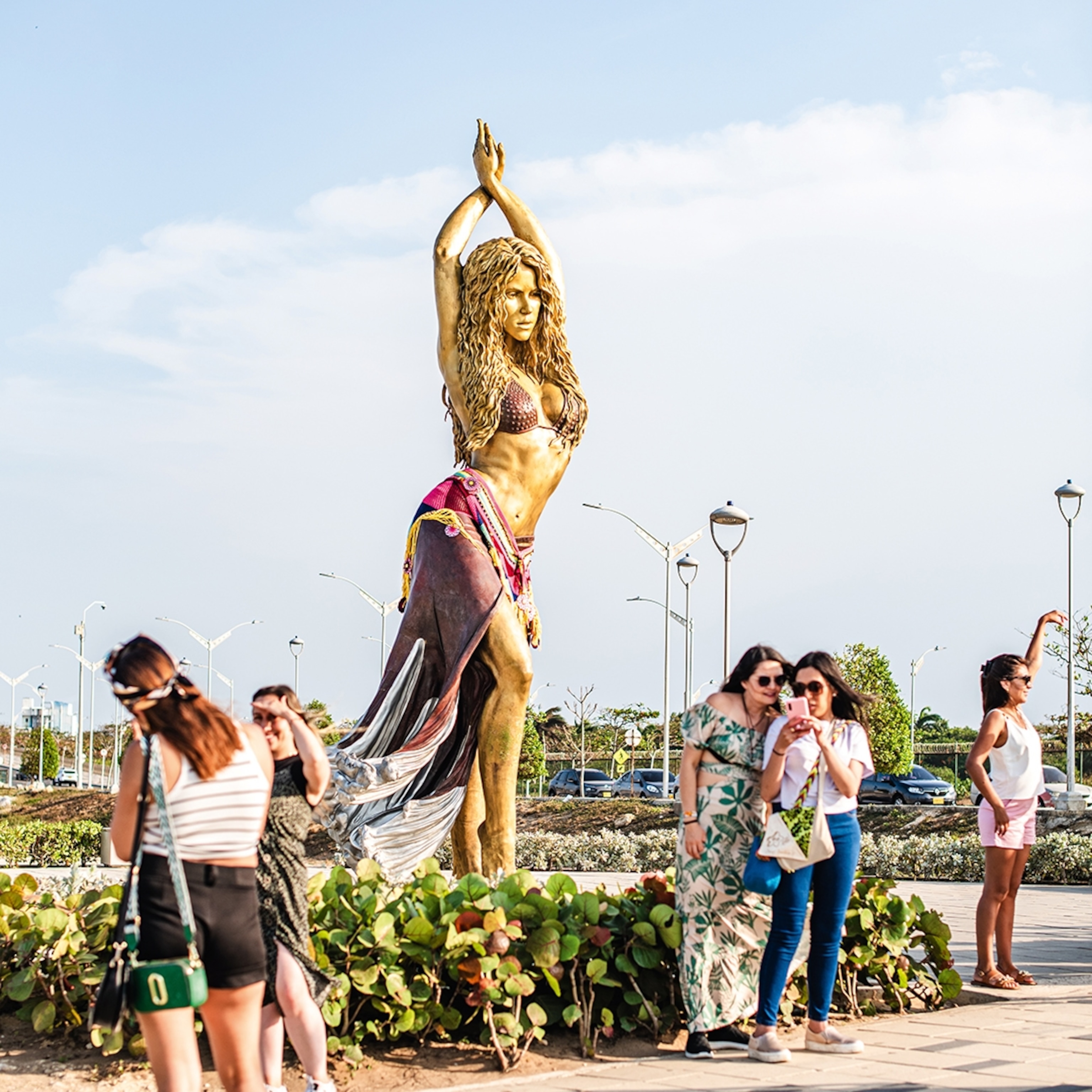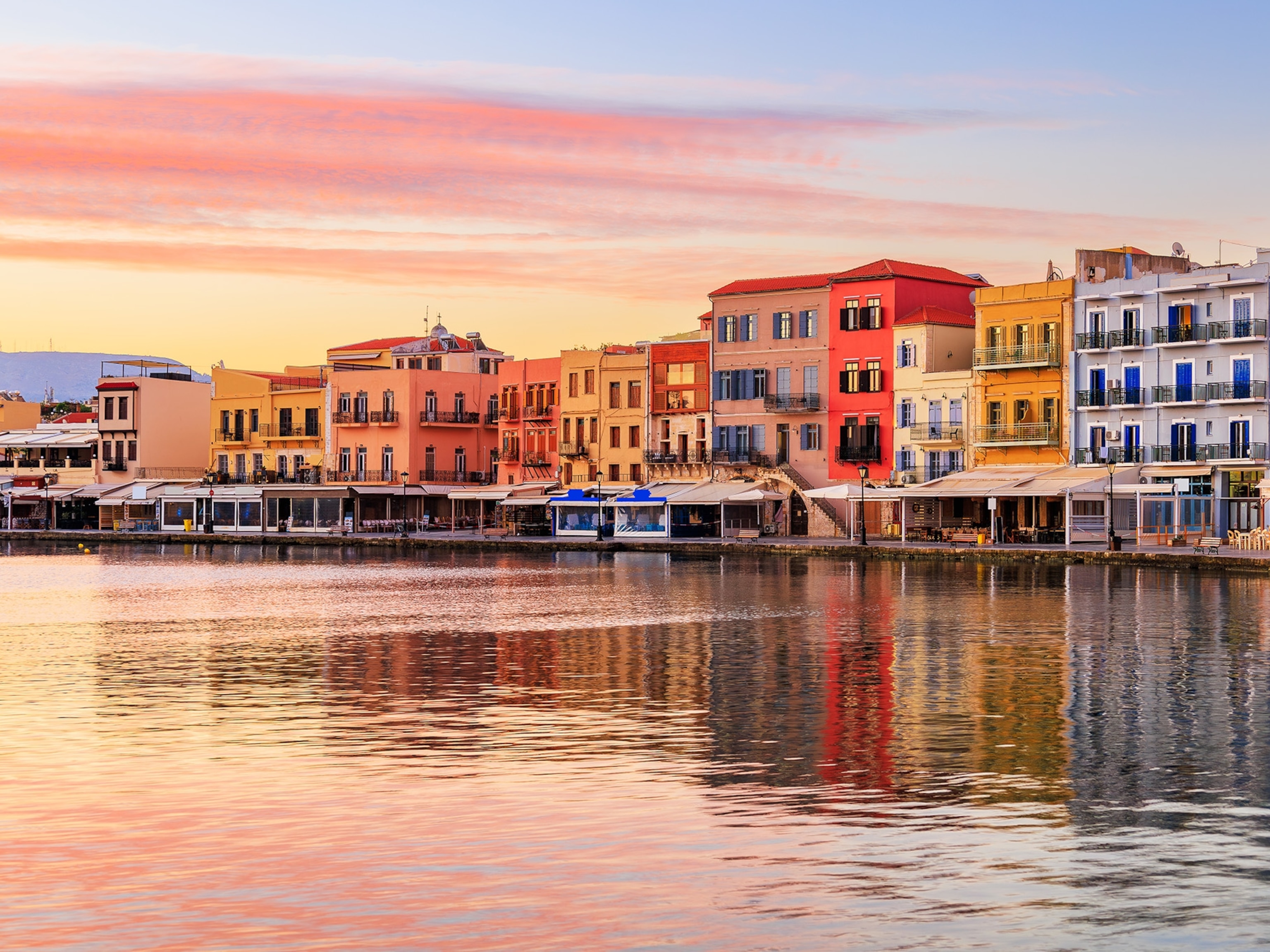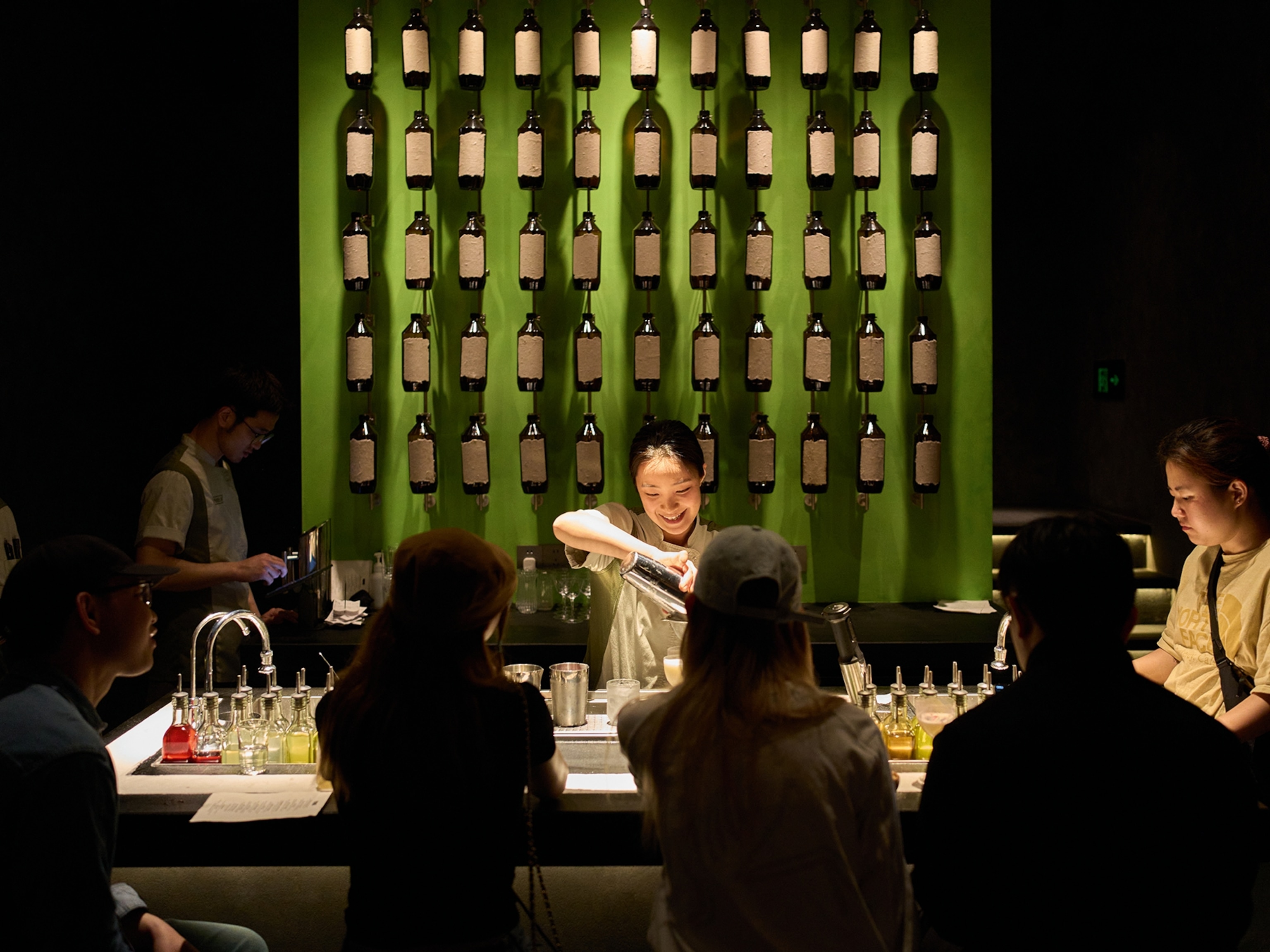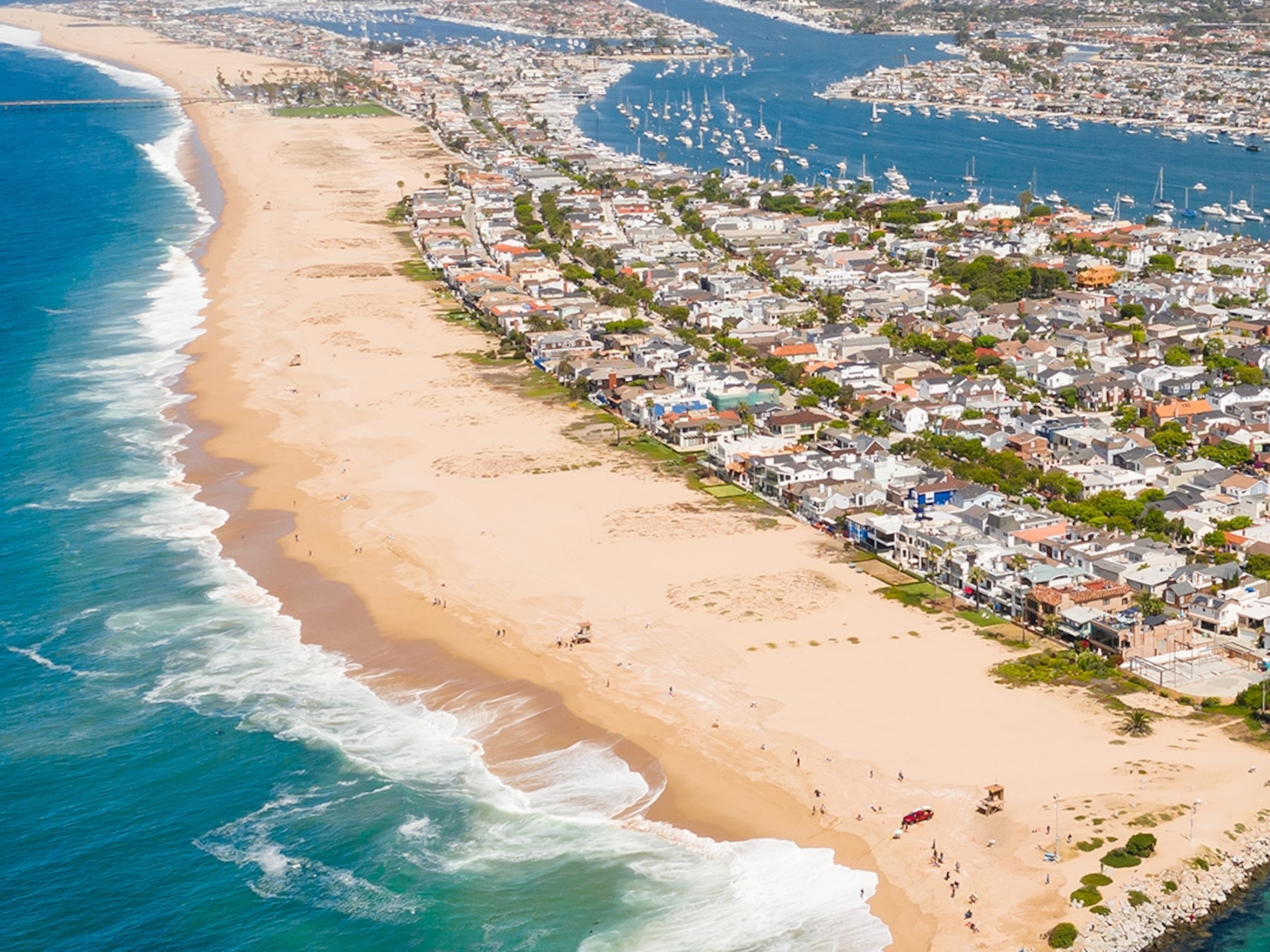
To Forage Fruit in Germany, Start By Looking Up
Six years ago, four friends planned to kayak a few hours outside of Berlin. Before their outing, they went shopping, loading up on bananas, apples and pears at a grocery store.
Kai Gildhorn remembers looking up at trees heavy with apples and plums hanging over the riverbanks as they floated down the river, and then down at the shrink-wrapped fruit in his boat. “The apples we brought with us were from New Zealand. We found that a bit absurd,” Gildhorn says. “Here we were, surrounded by fruit trees, and we were eating produce imported from the other side of the world.”
So they started a Google Map to record the fruit trees they’d seen. They shared the map with friends, who shared it with more friends, all of whom added new locations—roadside apple trees, berry bushes and wild herbs—to the map.
In the five years since, Gildhorn’s pet project has grown into a Europe-wide initiative called “Mundraub,” or “mouth robbery,” a reference to a German (and Biblical) tradition that decriminalizes the theft of food. And it’s just one of many such sites popping up around the world to help urban foragers find free food.
Since the first Mundraub map was posted in 2009, users have located more than 21,000 trees, bushes, vines and fragrant patches of wild ramps all across Germany. A ticker on the site’s front page tracks the most recent entries: Baby pears in Middelhagen, blackberries in Damp, hazelnuts in Dresden—all in real time. “Once you’ve been on the site,” Gildhorn said, “you see the landscape through different eyes.”
Foraging for personal consumption is a tradition that goes all the way back to the Old Testament. “When you enter your neighbor’s vineyard, then you may eat grapes until you are fully satisfied, but you shall not put any in your basket,” according to Deuteronomy 23:24. Beginning in the mid-19th century, German law differentiated between stealing food for personal consumption and other kinds of theft. Colloquially known as “mouth robbery,” it was considered the slightest of misdemeanors.
The reason why Europe has an abundance of roadside trees and forgotten orchards on public property that people might want to “steal” from can be traced to quirks of history. Before modern logistics and refrigeration divorced produce from geography, each village had to ensure it had enough fruit to survive.
A 17th century German law required grooms to plant six fruit trees and six oaks before they could legally marry. Prussian King Frederick the Great lined Prussian roads with apple trees to shade and nourish his marching armies. Many European downtowns are still surrounded by green belts— relics of the public orchards and thickets cultivated just outside long-gone city walls.
In the late 20th century, cheap imported produce eliminated the dependence on local trees. Forgotten fruit trees went un-harvested and came to be regarded as public nuisances. “City authorities say trees are too dangerous to plant near sidewalks and bike paths,” says Leipzig environmental geographer Sebastian Pomm. “They say people could slip and fall on rotten fruit, or bees show up and sting people. Most planners just see the problems.”
Mundraub’s ultimate goal is to change that perception by encouraging people to forage fruit, nuts and herbs on public land. “The name is a bit of a provocation,” Gildhorn admits. “We want people to take just a few fruits, as a reminder that it’s all still out there.”
Berlin remains the movement’s hotspot, with over 3,000 spots registered in the city and the surrounding countryside. Leipzig, where I live part-time, isn’t far behind. Pomm organizes mundraub bike expeditions once a month as part of Leipzig’s ANNALINDE community garden project.
Now web-savvy German travelers have started seeding the mundraub map with entries from around the world. There’s a stand of pomegranates in Jordan, 600 yards from the gates of Petra. Passion fruits overhang a hiking trail on La Gomera, one of the Canary Islands. If I ever make it to Israel’s Kfar Sava, I now know where to source free limes: “on side of Tschernichovski street,” user LETMino promised a year ago, “next to the sidewalk near the Ra’annana Bus Station, easily available.”
Pomm invited me to join a dozen aspiring mouth robbers on a recent Saturday morning. With a bushel basket in the hold of his aluminum cargo bike, he led us to a bleak industrial area on the outskirts of Leipzig. After about 15 minutes, we pass under high-speed rail tracks and emerge into a hidden orchard, with knee-high grass and widely-spaced trees loaded with green-red apples.
It took just a shake of the tree trunk for dozens of ripe apples to come raining down. We gather around and load them into the basket. “People think they’re not as good as store-bought, or that they’re dirty because they’re next to a road,” Pomm said as he loaded the basket with apples and straw. “But this is about as organic as it gets.”
In fact, the benefits of foraging for fruit may go beyond saving money and trees. In results presented recently at the Geological Society Conference in Baltimore, Maryland, Wellesley researchers showed that urban fruit contained the same levels of lead and other pollutants as commercially-grown varieties. But it also contained more calcium and iron, along with higher levels of some other beneficial trace minerals.
The joy of picking an apple right off the tree are harder to quantify, but Gildhorn thinks they play a big role in mundraub’s popularity. “It satisfies an archaic impulse,” Gildhorn said. “Foraging and living off the land is so interesting for city dwellers because we’re so far from it.”
Andrew Curry is a journalist based in Germany. He writes about politics, science, and culture. Find him on Twitter and Instagram.

